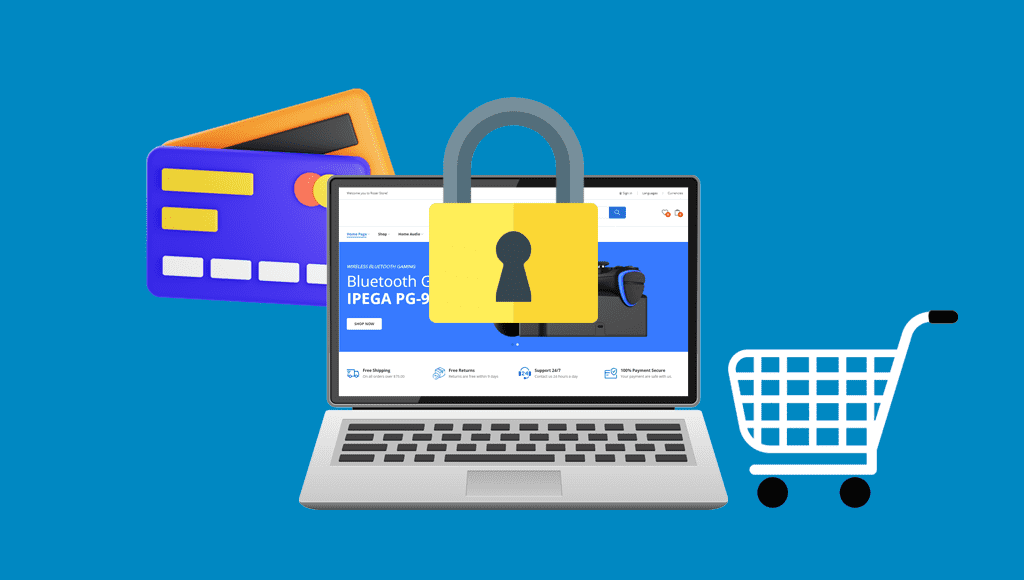
Running a successful eCommerce store has many challenges and one of the most essential is security. Keeping your customers and business data safe, providing secure shopping experiences, meeting credit card data compliance, and maintaining trust are all important.
Ignoring eCommerce Security can be fatal and very expensive for any business. In hostile cyberspace, even some of the biggest brands struggle to keep themselves safe from hackers. So how can you ensure cyber safety and build trust between your business and consumers?
Why do you need eCommerce Security? What are the benefits of investing in eCommerce security? What are the most common attacks that affect online stores? And how can you secure your business? We'll answer these questions and more in this guide.
Cyber threats and compromises are very costly in terms of operational expenses and damage to your reputation. Here is the list of reasons why investing in eCommerce security is smart.
First off, securing your online store is cost-effective. In 2020, the FBI said that cybercrime incidence rose by a whopping 400% and the eCommerce industry is a prime target for hackers and data thieves. Security incidents in the same year increased by 20% for almost 70% of surveyed businesses. And according to Statista, eCommerce payment fraud amounted to around 20 billion US dollars.
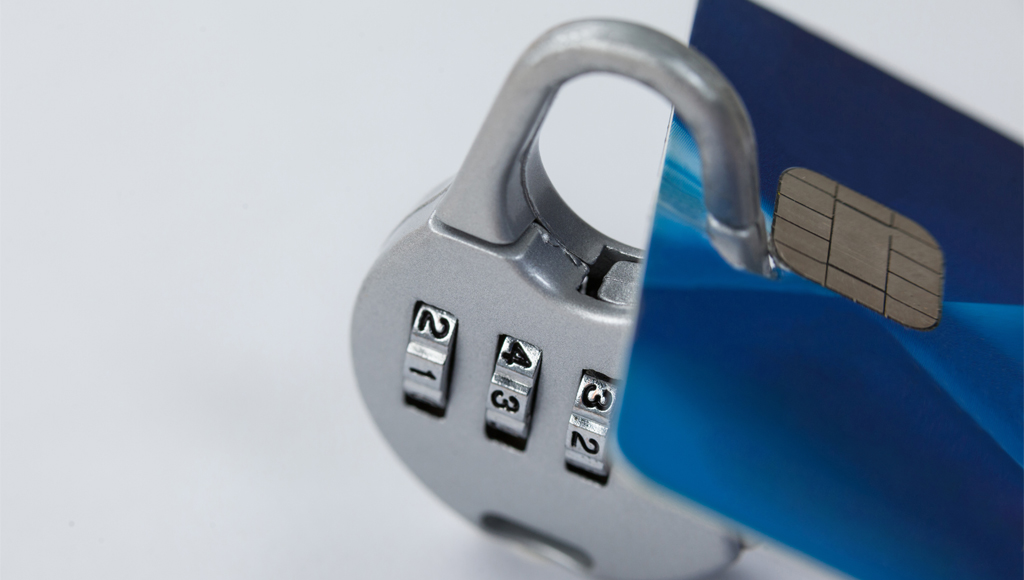
To continue your business, you may also need to meet certain information standards or compliance. For example, if you collect and store credit card data on your website, you may be asked to meet Payment Card Industry Data Security (PCI-DSS) standards. Failing to comply with PCI-DSS may result in disconnection from your payment processor.
In Australia, all businesses are strongly encouraged to maintain strong security and protect consumers' data. Companies with over 2 million dollars in turnover, in particular, must report all data breaches to the privacy commissioner and inform their consumer immediately of any data leak. We have recently seen this with Optus and Medibank.
Failure to satisfy the privacy commissioner in maintaining good information security practices and due diligence may result in excessive fines.
HTTPS or Hypertext Transfer Protocol Secure ensures the safe transmission of data over a network. And according to Google, it is a ranking signal. In other words, website security affects your ranking on Google's search engine pages. The higher your rank, the more you get website traffic, brand awareness, and potential sales.
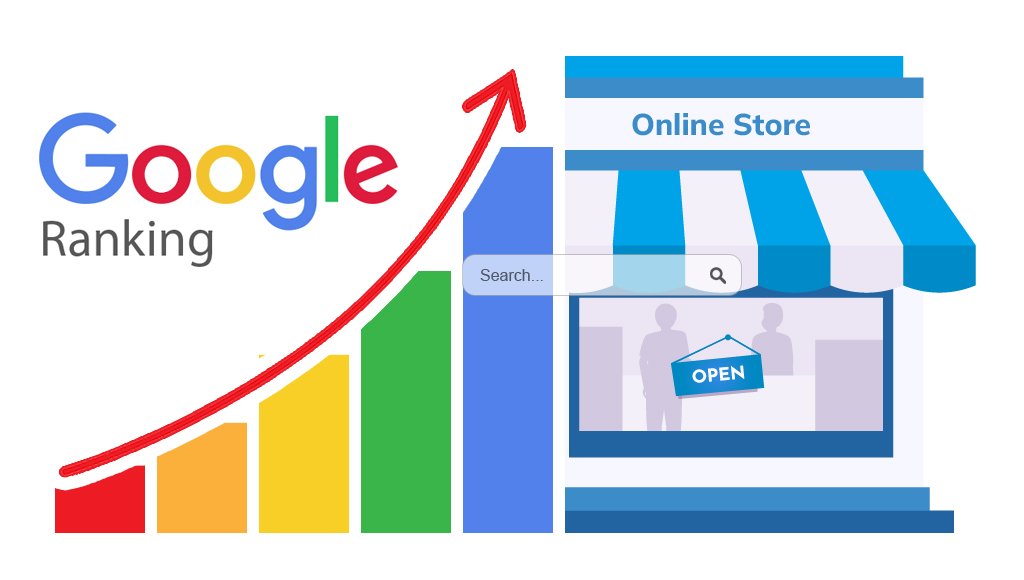
In eCommerce, customer trust is one of the best assets you can harness to your advantage. According to Salesforce, 95% of customers will be loyal to brands they trust; 92% will buy again from trustworthy businesses.
Your customers consider security badges and seals as proof that they can trust your website. Examples include SSL certificates, payment processor logos, security system badges, and money-back guarantee seals.

You can expect more potential sales with better ranking and more customer trust. A high placement in SERPs can lead to more exposure. And when people feel like they can trust you with their money, they are more likely to become not just buyers but repeat buyers.
Finally, website security helps ensure that your site stays up and functional. Malicious attacks can lead to downtime, which means losing out on potential sales.
The average Web-based application, like an online store, has more or less ten security vulnerabilities. These come from various factors, such as outdated certificates or insufficient authentication protocols. These apps are also available 24/7 and must be accessed by possible buyers at any time, making them susceptible to attack.
Hackers look for weak spots in online stores and other eCommerce Web applications to gain access to important information, like credit card data. The most common attacks they do are as follows:
Many experts will consider cross-site scripting or XSS as unsophisticated, but it's one of the world's most common forms of Web-based attacks. In fact, it accounts for as much as 30% of all Web application attacks. And according to the Open Web Application Security Project, it's one of the most dangerous threats to Web-based security.
During an XSS attack, a hacker injects a malicious script code into your website to steal information and harm others. So when users run the script on their devices, they become susceptible to whatever the hacker wants them to do.
In 2019, back-end vulnerabilities in the video game Fortnite would have allowed hackers to steal and manipulate over 200 million user accounts. Fortunately, it was discovered and patched.
Another popular attack against online stores and other Web-facing applications is Distributed Denial of Service or DDoS. DDoS bans authorised users from accessing information or services by flooding servers with fake traffic. Hackers could do this for many reasons take a service offline, cripple an organisation, or act as a distraction, so they have time for other criminal activities.
A DDoS attack of one gigabit per second can take an enterprise off the Internet. Concerningly, hackers are launching DDOS attacks with much greater speed and intensity. As a result, more websites are experiencing downtime from DDOS attacks, costing an eCommerce business a significant profit loss.
One real-world example that illustrates the scope of damage of this attack happened in 2020 to Amazon Web Services. Lasting for three days and resulting in serious consequences for AWS' hosting clients.
In this attack, a hacker injects malicious code into an input form. The code is usually submitted using a form on your online store, creating potential access to sensitive data.
An SQL injection attack was launched against the 7-Eleven retail chain and other companies in 2007. The breach resulted in over 130 million stolen credit card info.
Other common forms of attacks that can launch against online stores are path traversal and local file inclusion attacks. In the first one, hackers manipulate patterns or variables in application hierarchies to gain unauthorised access to files. In the latter, a hacker tricks an application to expose or provide access to files.
So, How does your eCommerce business safeguard itself from these attacks?
eCommerce security is only as good as its weakest link, which is why a holistic approach is critical. If your website has exploitable vulnerabilities, it won't take long before someone exploits them, compromises your site, and steals data.
Earlier this year, about 500 eCommerce websites had sensitive payment information stolen. And all because of a weak point in one plugin. One common theme found in the hacked websites is that they were running an already retired version of the eCommerce platform Magento.
To secure your technology infrastructure, consider the following:
Ensuring protection beyond the application layer is important to secure your eCommerce store. You can:
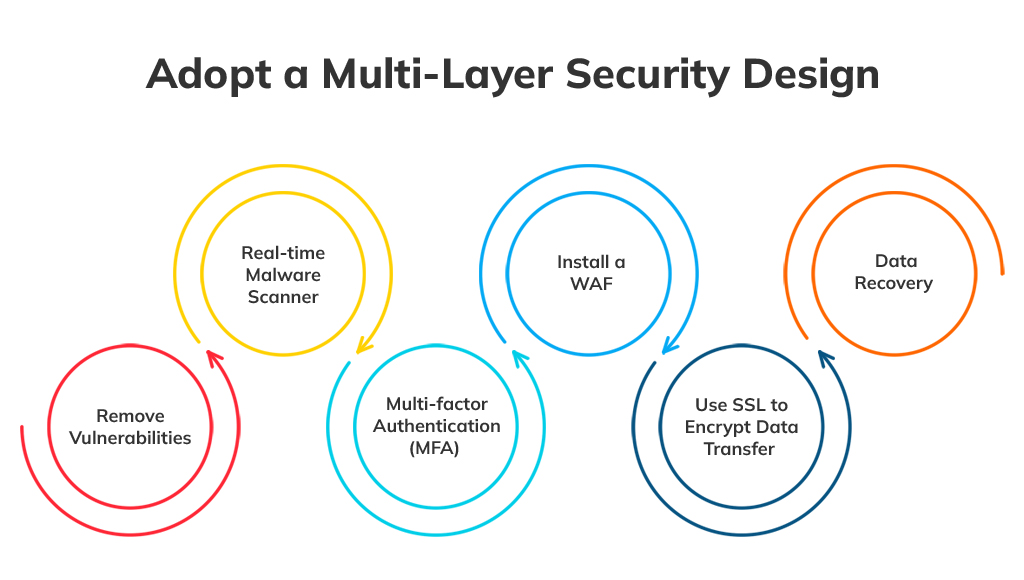
A WAF or a Web application firewall is an additional protective layer that stands between the Internet and Web applications. Because it focuses on analysing application-layer requests, it's very helpful in blocking out attacks that target Web applications like DDoS, SQL injections, and cross-site scripting.
In other words, it acts like a bouncer at a club, filtering who gets in and who stays out. For vulnerabilities, a WAF provides virtual patching to mitigate an attack.
There are plenty of development teams that you can hire for your eCommerce security. Unfortunately, some of these development teams lack the expertise and sometimes outsource their work to overseas developers. The skill gap and lack of data security are serious security risks.
A well-established development agency like iVersion has the right skills to develop and secure your website. After all, coding is just one aspect of security. Moreover, an expert agency has well-developed processes and procedures to safeguard your data. After all, they have access to your systems. Therefore, when hiring a development agency, ensure they are not the weakest link for your website security.
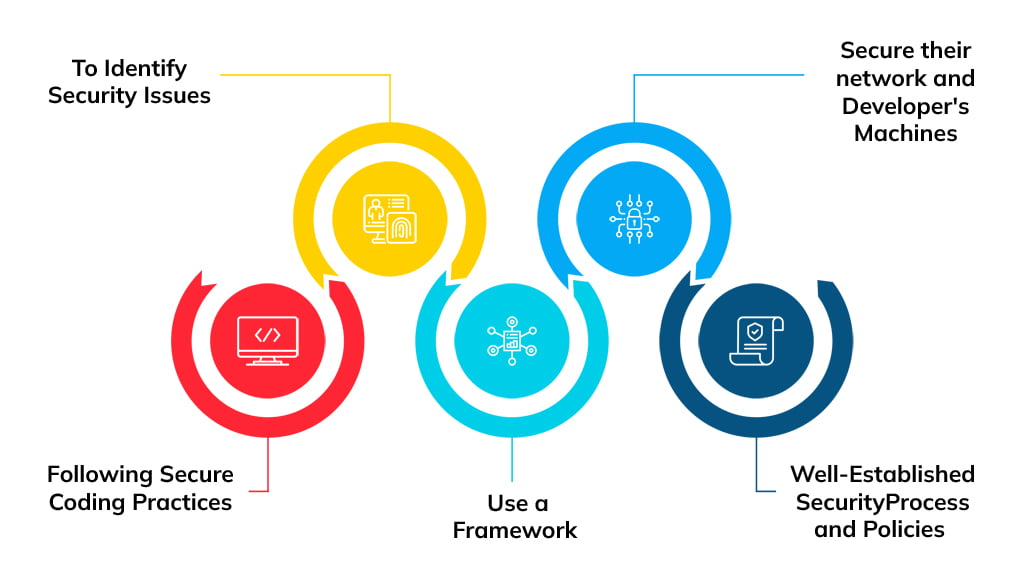
A good development agency adheres to ethical standards and follows good security practices to ensure complete protection for your business. These cover:
Your web hosting platform has two important roles: first, it stores your website's files and data. Second, it delivers that information to your website visitors. Choosing the right one for your needs is essential for so many reasons.
First, it influences your website's technical stability. If your hosting platform regularly experiences issues, your website won't be accessible to your visitors a lot of the time. This will negatively affect your SEO, branding, and potential sales.
Also, there's the issue of security. A good web hosting platform protects against potential breaches and offers good security architecture to safeguard your data. In short, your website security depends on your server and its infrastructure. If the server isn't secure, your website will be vulnerable even if you have the best code.
As your trusted eCommerce technology partner in Sydney, iVersion is committed to delivering end-to-end security for your online store. Our expert team ensures optimal up-time and performance for your website with our complete suite of solutions from web hosting to malware protection.
We pride ourselves on having a diverse team. We don't just have developers; we also have security professionals, web hosting experts and SEO experts. Our diverse team with the right security mindset can code, host and grow your online store in the best way.
Build, upgrade, secure and host your site with iVersion. We can do it all or tailor our solutions to fit your needs. Contact us today.
Get the Right People to Manage your IT
Sign Up and Stay Informed